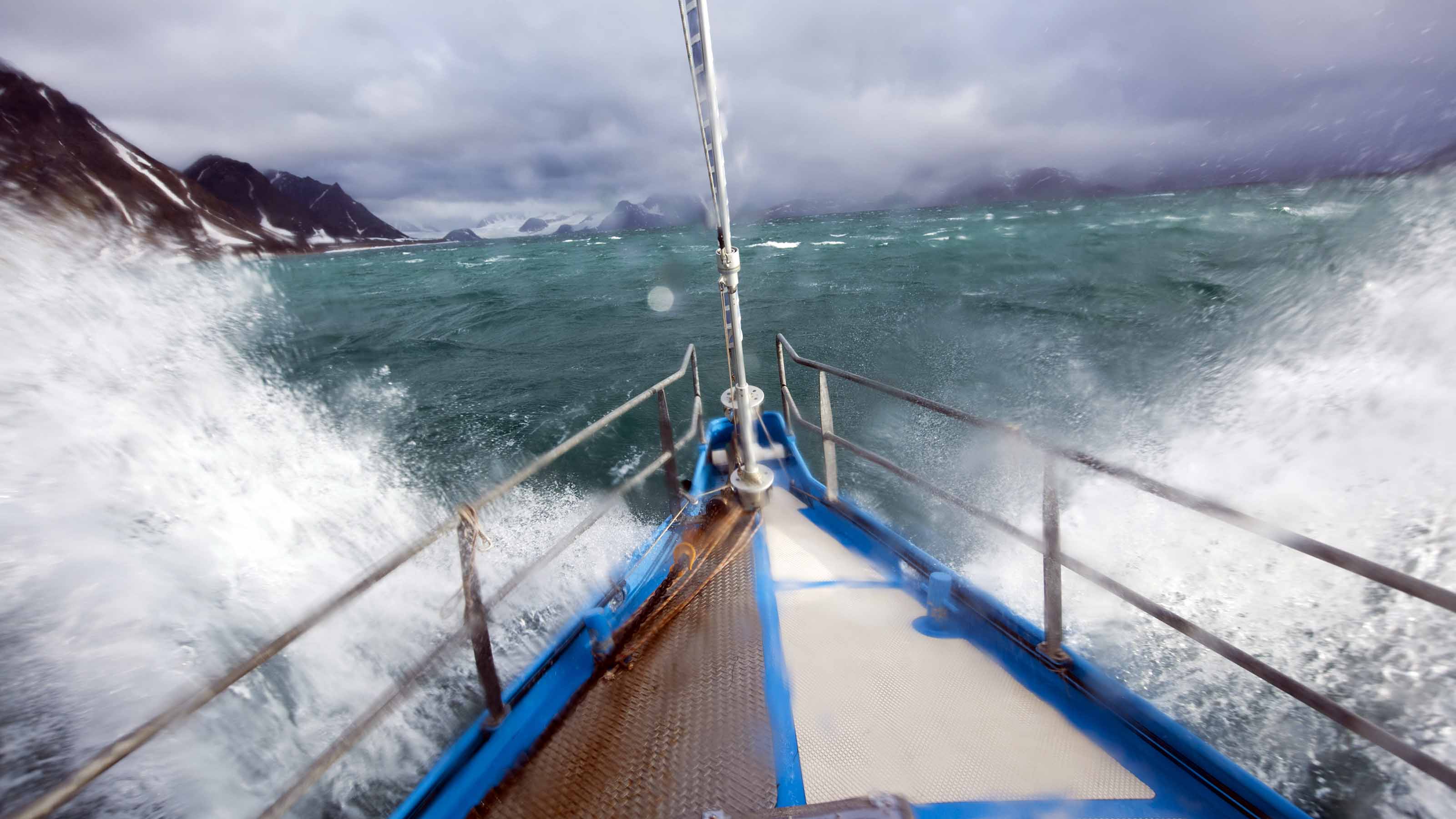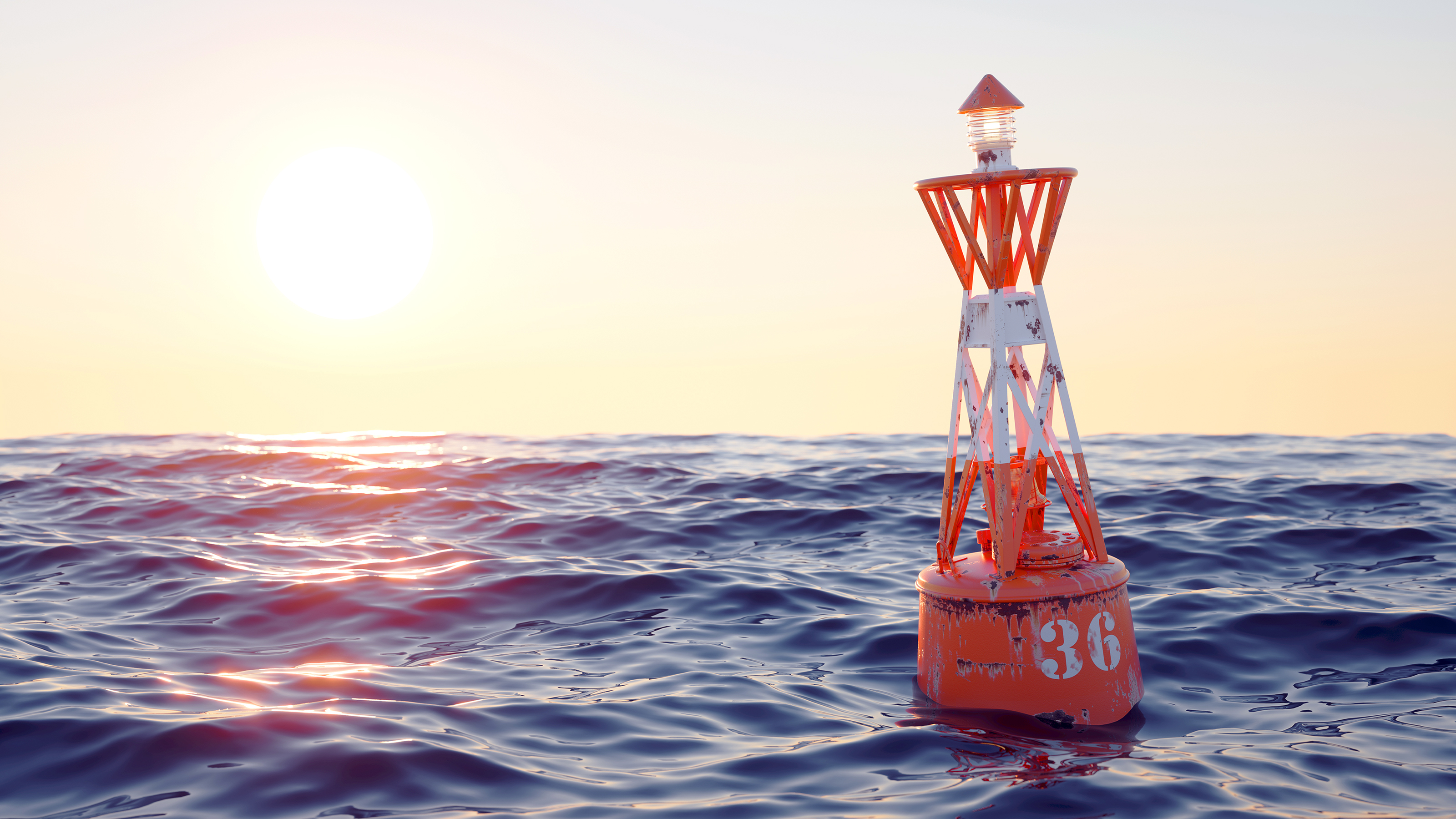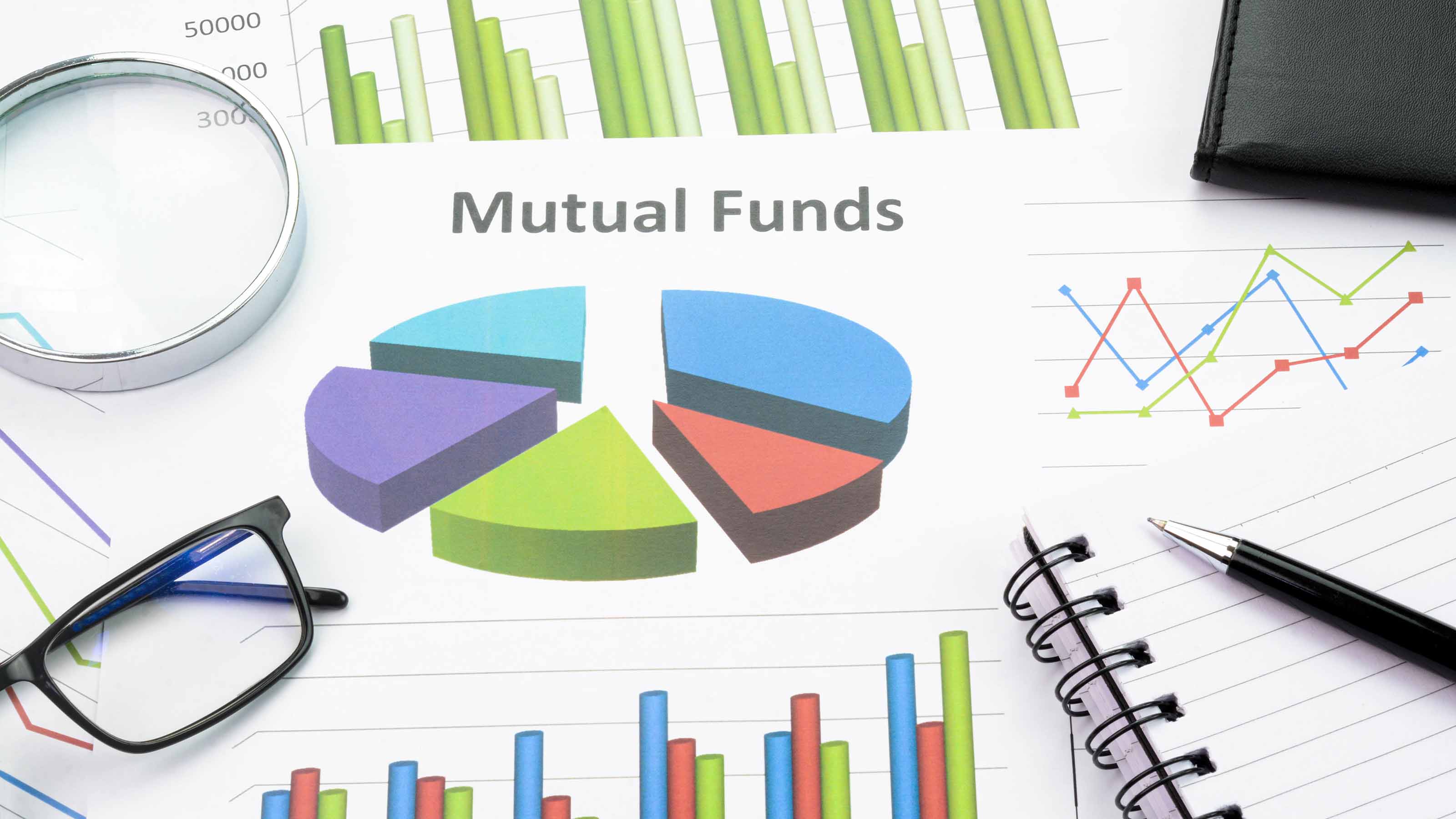Should You Invest in Akre Focus?
Chuck Akre has a long and superb record managing money. Can he keep it up at his new fund?

Profit and prosper with the best of Kiplinger's advice on investing, taxes, retirement, personal finance and much more. Delivered daily. Enter your email in the box and click Sign Me Up.
You are now subscribed
Your newsletter sign-up was successful
Want to add more newsletters?

Delivered daily
Kiplinger Today
Profit and prosper with the best of Kiplinger's advice on investing, taxes, retirement, personal finance and much more delivered daily. Smart money moves start here.

Sent five days a week
Kiplinger A Step Ahead
Get practical help to make better financial decisions in your everyday life, from spending to savings on top deals.

Delivered daily
Kiplinger Closing Bell
Get today's biggest financial and investing headlines delivered to your inbox every day the U.S. stock market is open.

Sent twice a week
Kiplinger Adviser Intel
Financial pros across the country share best practices and fresh tactics to preserve and grow your wealth.

Delivered weekly
Kiplinger Tax Tips
Trim your federal and state tax bills with practical tax-planning and tax-cutting strategies.

Sent twice a week
Kiplinger Retirement Tips
Your twice-a-week guide to planning and enjoying a financially secure and richly rewarding retirement

Sent bimonthly.
Kiplinger Adviser Angle
Insights for advisers, wealth managers and other financial professionals.

Sent twice a week
Kiplinger Investing Weekly
Your twice-a-week roundup of promising stocks, funds, companies and industries you should consider, ones you should avoid, and why.

Sent weekly for six weeks
Kiplinger Invest for Retirement
Your step-by-step six-part series on how to invest for retirement, from devising a successful strategy to exactly which investments to choose.
Truth be told, there are only a handful of great fund managers. Chuck Akre, in my view, is one of them. The question is whether his best years are behind him.
His past returns aren't just good, they're stunning. From the start of 1997 through August 2009, FBR Focus (symbol FBRVX), which Akre ran over that period, returned an annualized 12.3%, putting it in the top 1% among funds that invest mainly in fast-growing midsize companies. By comparison, Standard & Poor's 500-stock index returned an annualized 4.4%, and the average midsize growth fund gained an annualized 4.9%. (Focus invests in companies of any market capitalization, but because Morningstar doesn't have an all-cap benchmark, we compare Focus to an average of mid-cap funds.)
After falling out with FBR, Akre left the firm in late August 2009. On September 1 of that year, he launched Akre Focus (AKREX). Its returns have been mixed. From its launch through February 6, the fund, a member of the Kiplinger 25, returned 15.4% annualized, precisely the same as the S&P 500. That's hardly top of the charts.
From just $107.88 $24.99 for Kiplinger Personal Finance
Become a smarter, better informed investor. Subscribe from just $107.88 $24.99, plus get up to 4 Special Issues

Sign up for Kiplinger’s Free Newsletters
Profit and prosper with the best of expert advice on investing, taxes, retirement, personal finance and more - straight to your e-mail.
Profit and prosper with the best of expert advice - straight to your e-mail.
But Akre took time putting cash to work, and cash flooded in. If you exclude the fund's record during its first four months -- a period during which the S&P surged and beat Akre Focus by a whopping 10.9 percentage points -- the record looks good. From the start of 2010 through February 6, the fund returned an annualized 17.1%, compared with 11.6% for the S&P.
Akre uses a combination of growth and value tools to evaluate stocks. He insists on 20% or higher return on equity (a measure of profitability). Companies that profitable tend to have sustainable competitive advantages. He also looks for firms with skilled executives "who treat shareholders as partners" and know how to reinvest corporate profits intelligently. Finally, he only buys when a stock is relatively cheap -- no more than 15 times free cash flow (earnings plus depreciation and other non-cash charges).
Those tough standards lead him to invest in only about two dozen stocks, and more than 60% of the fund's assets are in his top ten holdings.
Akre is a patient investor. On average, he holds a stock for more than five years. "We rarely sell something because the valuation is too great," he says. "The really good companies are too hard to find." He sells because something goes wrong with the business model or the managers.
Akre is a bottom-up stock picker, but he's paying more attention to the big picture following the 2007-09 bear market, during which FBR Focus tumbled 51.0% (the S&P 500 lost 55.3% during the rout).
Believing that U.S. consumers will be constrained by large amounts of debt for years to come, he has loaded his fund with discount retailers. He has 10% of assets in Ross Stores (ROST) and 9% in Dollar Tree (DLTR).
Where is the competitive advantage in this pair? "They have extraordinary marketing and operational skills," Akre says. "Just look at their year-over-year growth in book value [assets minus liabilities]."
Akre's other 10% holding is MasterCard (MA). Along with Visa, Discover and American Express, Master Card "owns and controls the electronic rails that run between retailers and banks." Continuing migration to electronic payments is boosting growth, and net profit margins are north of 40%. Despite my praise, the fund has a couple of big question marks -- above and beyond its 2009 returns. For starters, a lot of people Akre's age, 69, are already retired. But so far he shows no signs of slowing down. "The children are gone, and I love what I'm doing," he says.
The other unknown: When Akre left FBR, the firm made his three former analysts the co-managers of his old fund. Akre then hired three new analysts. It's impossible for an outsider to know how much of the previous fund's success may have been due to his analysts' work, nor how much his current analysts contribute.
Akre Focus's annual expense ratio is 1.45%. If you can, buy the institutional share class (AKRIX), which costs 1.20%. Many online brokerages let you invest in this share class for substantially less than the advertised $250,000 minimum. You just have to pay a small transaction fee.
The fund's assets are still small, at about $700 million. But they're growing rapidly.
My hunch: I think Akre still has his magic. I might buy the fund. But I won't pretend it's an easy call.
Steve Goldberg is an investment adviser in the Washington, D.C., area.
Profit and prosper with the best of Kiplinger's advice on investing, taxes, retirement, personal finance and much more. Delivered daily. Enter your email in the box and click Sign Me Up.

-
 The New Reality for Entertainment
The New Reality for EntertainmentThe Kiplinger Letter The entertainment industry is shifting as movie and TV companies face fierce competition, fight for attention and cope with artificial intelligence.
-
 Stocks Sink With Alphabet, Bitcoin: Stock Market Today
Stocks Sink With Alphabet, Bitcoin: Stock Market TodayA dismal round of jobs data did little to lift sentiment on Thursday.
-
 Betting on Super Bowl 2026? New IRS Tax Changes Could Cost You
Betting on Super Bowl 2026? New IRS Tax Changes Could Cost YouTaxable Income When Super Bowl LX hype fades, some fans may be surprised to learn that sports betting tax rules have shifted.
-
 The Kiplinger 25: Our Favorite No-Load Mutual Funds
The Kiplinger 25: Our Favorite No-Load Mutual FundsThe Kiplinger 25 The Kiplinger 25 is a list of our top no-load mutual funds that have proven capable of weathering any storm.
-
 Do You Have Gun Stocks in Your Funds?
Do You Have Gun Stocks in Your Funds?ESG Investors looking to make changes amid gun violence can easily divest from gun stocks ... though it's trickier if they own them through funds.
-
 Janus Henderson Global Equity Income Fund (HFQTX) Hangs Tough
Janus Henderson Global Equity Income Fund (HFQTX) Hangs ToughKip 25 A focus on dividend payers and defensive stocks has kept the Janus Henderson Global Equity Income Fund afloat in a rough market.
-
 T. Rowe Price Small-Cap Value (PRSVX) Stands Out
T. Rowe Price Small-Cap Value (PRSVX) Stands OutKip 25 In this turbulent market, value-priced, higher-quality small caps are holding up better than their fast-growing counterparts.
-
 Kiplinger 25 Model Portfolios
Kiplinger 25 Model PortfoliosThe Kiplinger 25 Reach your investment goals with these plans using the Kiplinger 25, our favorite no-load mutual funds.
-
 ESG Gives Russia the Cold Shoulder, Too
ESG Gives Russia the Cold Shoulder, TooESG MSCI jumped on the Russia dogpile this week, reducing the country's ESG government rating to the lowest possible level.
-
 New Leadership at One of Our Funds
New Leadership at One of Our FundsKip 25 Vanguard recently announced that longtime manager Michael Reckmeyer will retire in June.
-
 The Best T. Rowe Price Funds for 401(k) Retirement Savers
The Best T. Rowe Price Funds for 401(k) Retirement SaversKiplinger's Investing Outlook A dozen T. Rowe Price mutual funds enjoy a place among the nation's most popular 401(k) retirement products. Find out which ones are worth your investment dollars.